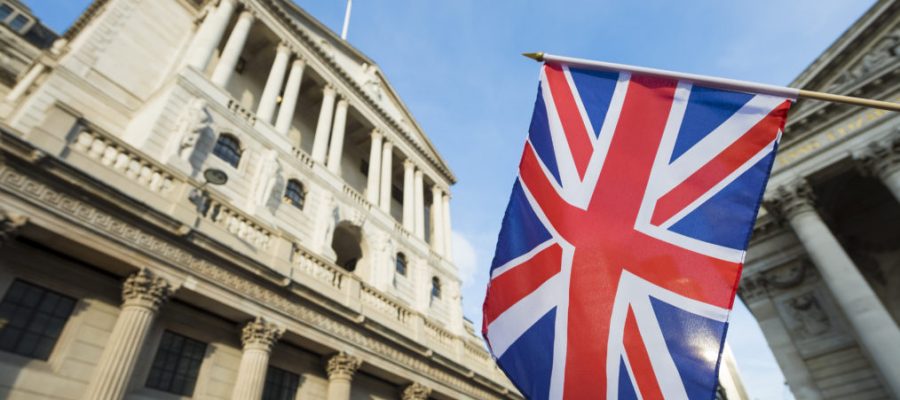The Bank of England (BoE) was the first central bank that gave the proposal of Central Bank Digital Currency (CBDC) in reaction to overwhelming cryptocurrencies. Still, the central of England is mediating to prob the pros and cons of state-based digital currency. Recently, the Bank of England published the discussion document featuring the opportunities and challenges of CBDCs.
The Bank releases a discussion paper named ‘’ Central Bank Digital Currency March 2020: Opportunities, Challenges and Design’’ in which government representatives give a detail discussion of whether CBDC is crucial for the country’s economy or not. They also talk about the failure of the cash payments as customers’ numbers are declining who use cash in normal trading activities.
Decline in Cash Use
The recent decade has witnessed a great change in terms of electronic money, and people are leaving physical-based payment systems. The consumers’ data shows that 63% of payments were done via cash in 2006, while only 13% of people used to debit cards. On the contrary, 39% of payments happened through electric ways such as credit and debit cards in 2018. Only 28% of people attached to cash in conducting daily transactions.
The Governor of the Bank of England, Mark Carney, commented in the paper:
‘’It could ensure that the public has continued access to a risk‑free form of money issued by the central bank, which may be especially important in the future as cash use declines and new forms of privately issued money become more widely used in payments.’’
Bank’s plan about Launching CBDC
However, BoE has not yet decided to launch its digital currency. ‘’The Bank has not yet made a decision on whether to introduce CBDC, and intends to engage widely on the benefits, risks and practicalities of doing so,’’ the report reads.
The announcement of Facebook’s stablecoin Libra has led central banks to launch their digital currency. The central bank of China had a plan to launch its cryptocurrency in the first quarter of 2020, but the plan delayed due to the Coronavirus outbreak. Now, BoE is thinking to announce its digital currency backed by Pound, but the process is still in research mode.
According to the discussion paper:
‘’We are in the middle of a revolution in payments. Banknotes — the Bank’s most accessible form of money — are being used less frequently to make payments. At the same time, fintech firms have begun to alter the market by offering new forms of money and new ways to pay with it. These developments create major new opportunities, present some new risks, and raise a number of profound questions for the Bank.’’
All trademarks, logos, and images displayed on this site belong to their respective owners and have been utilized under the Fair Use Act. The materials on this site should not be interpreted as financial advice. When we incorporate content from other sites, we ensure each author receives proper attribution by providing a link to the original content. This site might maintain financial affiliations with a selection of the brands and firms mentioned herein. As a result, we may receive compensation if our readers opt to click on these links within our content and subsequently register for the products or services on offer. However, we neither represent nor endorse these services, brands, or companies. Therefore, any disputes that may arise with the mentioned brands or companies need to be directly addressed with the respective parties involved. We urge our readers to exercise their own judgement when clicking on links within our content and ultimately signing up for any products or services. The responsibility lies solely with them. Please read our full disclaimer and terms of use policy here.

